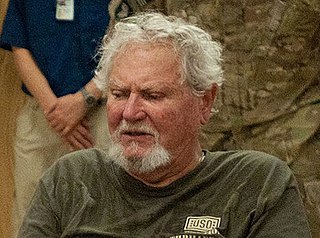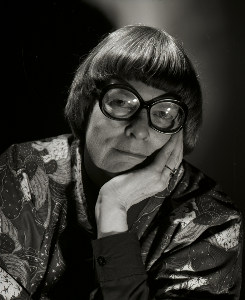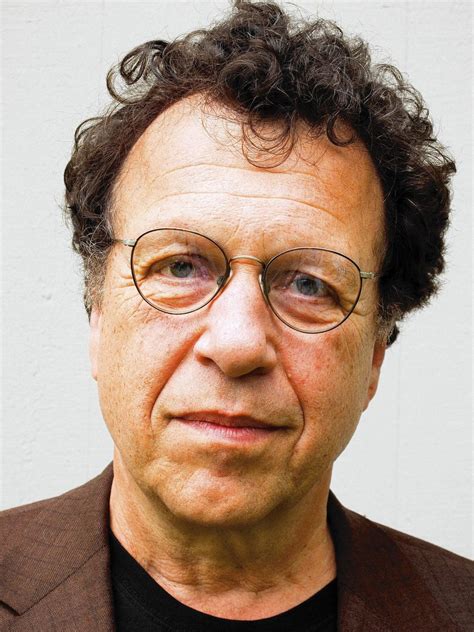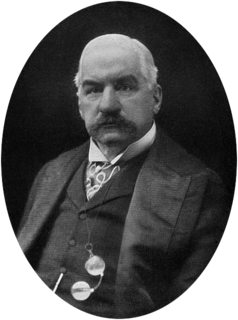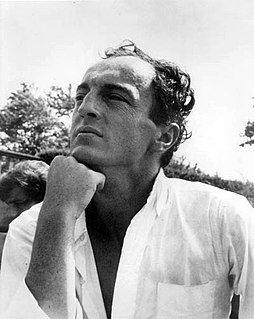A Quote by Michelle Dean
Literary novelists who have a strong handle on plot are often characterized as good vacation reads because they manage to transport you elsewhere, away from the petty facts of ordinary life.
Related Quotes
I plot as I go. Many novelists write an outline that has almost as many pages as their ultimate book. Others knock out a brief synopsis... Do what is comfortable. If you have to plot out every move your characters make, so be it. Just make sure there is a plausible purpose behind their machinations. A good reader can smell a phony plot a block away.
I feel engaged with young people in Pakistan. But that said, it's still a small minority that reads novels, literary fiction. But it isn't necessarily a small minority of the wealthy elite in the city of Lahore. It can often be and I often do meet at literary festivals students who've ridden a bus 12 hours from a very small town just to hear some of their favorite writers come and speak.
What I bring to the interview is respect. The person recognizes that you respect them because you're listening. Because you're listening, they feel good about talking to you. When someone tells me a thing that happened, what do I feel inside? I want to get the story out. It's for the person who reads it to have the feeling . . . In most cases the person I encounter is not a celebrity; rather the ordinary person. "Ordinary" is a word I loathe. It has a patronizing air. I have come across ordinary people who have done extraordinary things. (p. 176)
Don't talk to me about appealing to the public. I am done with the public, for the present anyway. The public reads the headlines and that is all. The story itself is fair and shows the facts. That would be all right if the public read the facts. But it does not. It reads the headlines and listens to the demagogues and that's the stuff public opinion is made of.
... if variations useful to any organic being do occur, assuredly individuals thus characterized will have the best chance of being perserved in the struggle for life; and from the strong principle of inheritance they will tend to produce offsping similarly characterized. This principle of preservation, I have called, for the sake of brevity, Natural Selection.
There are so many new young poets, novelists, and playwrights who are much less politically committed than the former generations. The trend is to be totally concentrated on the literary aesthetic and to consider politics to be something dirty that shouldn't be mixed with an artistic or a literary vocation.
A critical assumption is sometimes made that [Grisham, Clancey, Crichton & myself] have access to some mystical vulgate that other (and often better) writers cannot find or will not deign to use. I doubt if this is true. Nor do I believe the contention of some popular novelists... that thier success is based on literary merit -- that the public understands true greatness in ways the tight-a**ed, consumed-by-jealousy literary establishment cannot. This idea is ridiculous, a product of vanity and insecurity.

